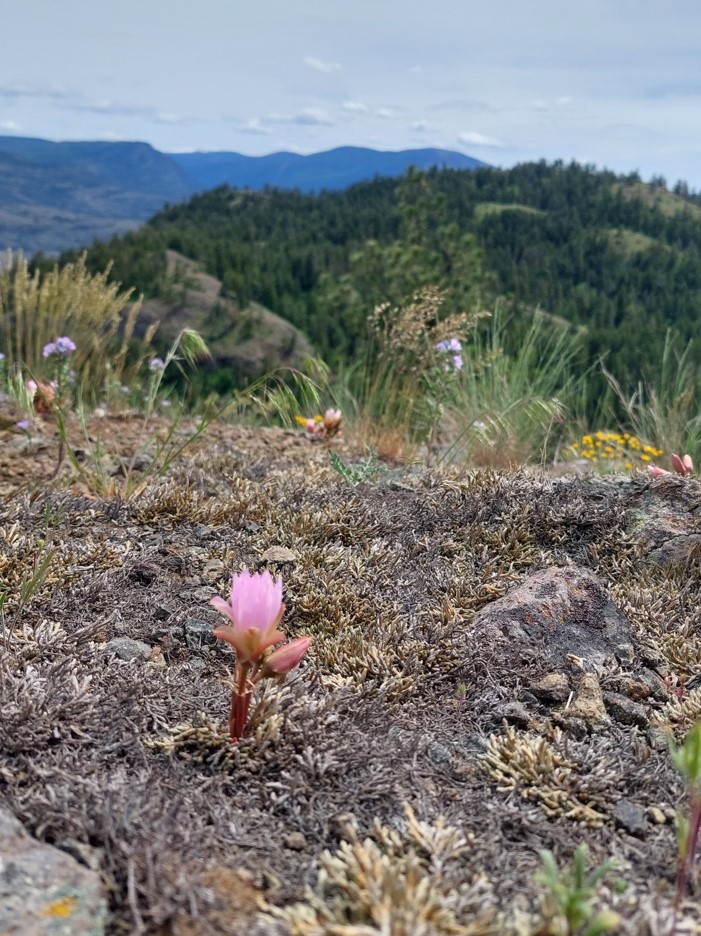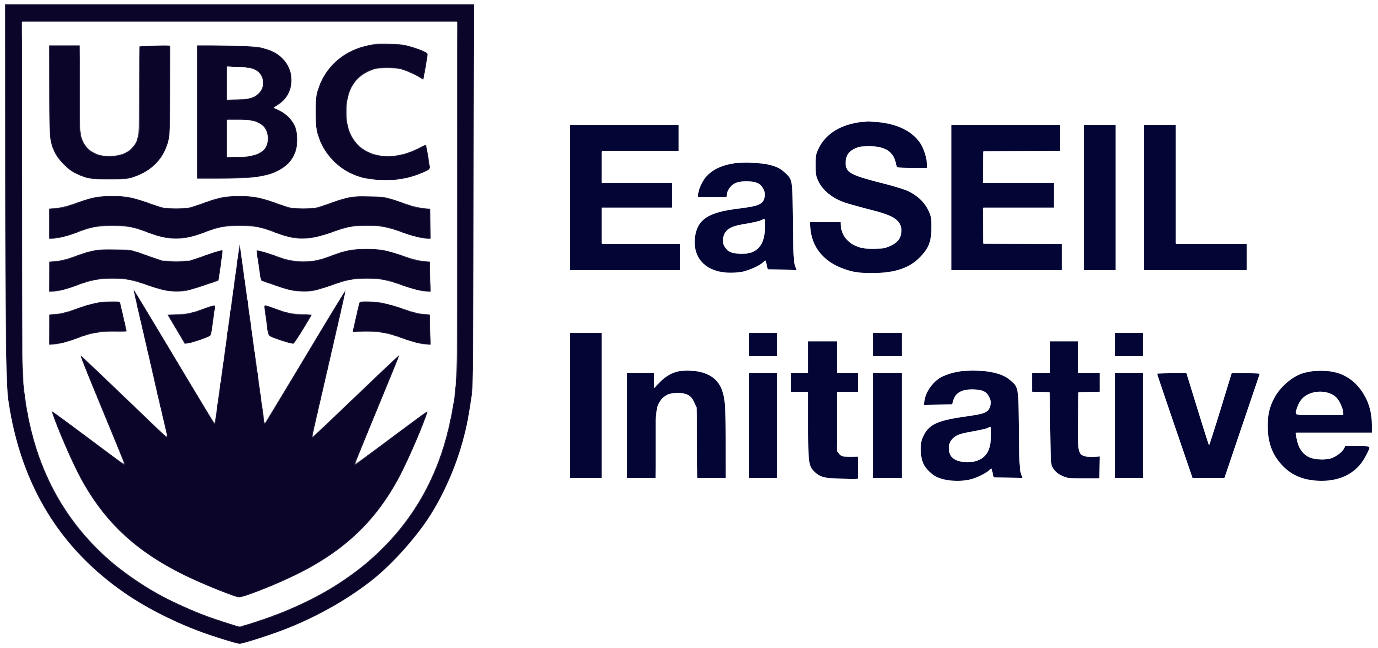3-Tier Indigenous Engagement Model
Faculty may face challenges when engaging with Indigenous communities due to perceived and real academic boundaries. To address this, a 3-tiered approach is proposed: The tiered model for engaging with Indigenous students (Tier 1), scholars (Tier 2), and communities (Tier 3) prioritizes respect and reciprocity to foster relationships and co-create course content. By testing this approach, we aim to gather valuable insights that can guide instructors at UBC and beyond. These guidelines will assist those collaborating with Indigenous partners in safeguarding Indigenous Knowledge and developing curriculum that eases the burden on Indigenous collaborators while contributing to the pursuit of truth and reconciliation.
As part of developing a new field course, instructors and EaSEIL CoP-A members Shandin Pete and Brett Gilley designed, implemented, and are evaluating the 3-Tier Indigenous Engagement Model (initial draft illustrated below).
Update and Path Foward
Since 2022, the Three-Tier Indigenous Engagement Model (3-TIEM) has guided curriculum development through meaningful consultation with Indigenous students, faculty, and future community partners. Grounded in modern indigenous constructs, the model ensures current Indigenous perspectives, priorities and needs shape course content, delivery, and institutional commitments.
The New Earth Science Field Course is being designed for 4th-year students in the Earth, Ocean, and Atmospheric Science department, and our team is enthusiastic about creating a student-led capstone field course.
Our vision for this new course is to offer a peer-led program, in collaboration with diverse partners in the Okanagan Valley, including UBC Okanagan and local Indigenous groups. The primary goal of this course is to empower UBC students to infuse Indigenous knowledge into their academic journey.
The course would be delivered at the UBC-Teck Geological Field Station, fostering deeper connections with local Indigenous communities. Our student objectives encompass working on projects that benefit local groups, instilling a sense of purpose at the UBC-Teck Geological Field Station, and cultivating meaningful relationships with our local partners.


Photo credits: Silvia Mazabel (2024)
Outcomes
Through Tier I and II engagements, over 45 Indigenous participants contributed to the ongoing design of a land-based, interdisciplinary course in Indigenous Science and Research. Our former student partners, Wylee Fitz-Gerald and Daniel Harris, have also been instrumental in co-creating this course. A demonstration syllabus has been developed and is in review, incorporating the following structural elements:
- Key themes: Indigenous research methods, ethical engagement, cultural safety, and community-based learning
- Collaborative structure: Multiple instructors (e.g., cultural practitioners, Indigenous faculty, community members)
- Priority access: Indigenous students centered in enrollment and course implementation
- Institutional planning: Potential to cross-list the course across faculties and seek long-term delivery support
Lessons Learned
Engagement revealed several essential insights:
- Prioritize Indigenous learners: Centering Indigenous voices is necessary to create safety, trust, and accountability. These priorities may differ across learner.
- Community engagement is ongoing: Consent and collaboration with First Nations must evolve alongside the course. Proximity to important First Nation can be a barrier.
- Instruction must be interdisciplinary: Blending academic, cultural, and community knowledge fosters deeper learning. The needed content and delivery mode to achieve deep learning can vary across learners
- Equity requires structure: Admission processes and course framing must prevent cultural harm while welcoming committed allies.
What’s Next
Building on this foundation, 3-TIEM is advancing toward implementation:
- Tier III (Winter 2025): Community consultation and validation of course content and assessment design
- Pilot Launch (2026): Small cohort offering with application-based admission
- Sustained Support: Multi-year funding and faculty coordination to ensure long-term delivery
- Adjudication Panel: Culturally trained reviewers to oversee enrollment and support Indigenous safety
- Broader Sharing: Development of open-access tools and reflections to support uptake across UBC and beyond
